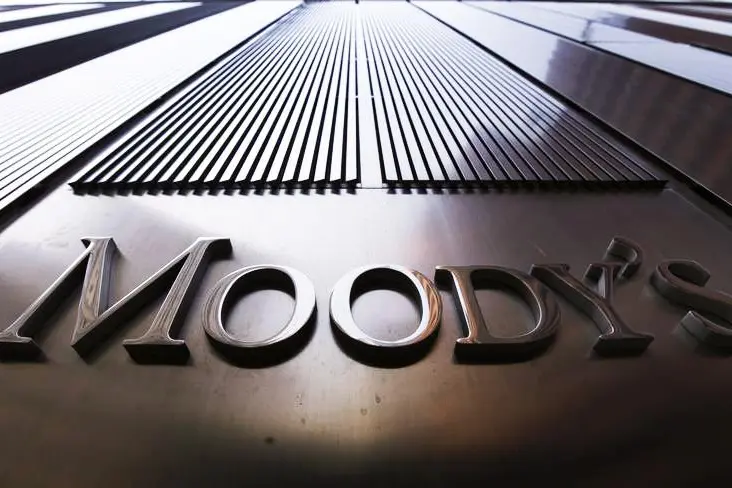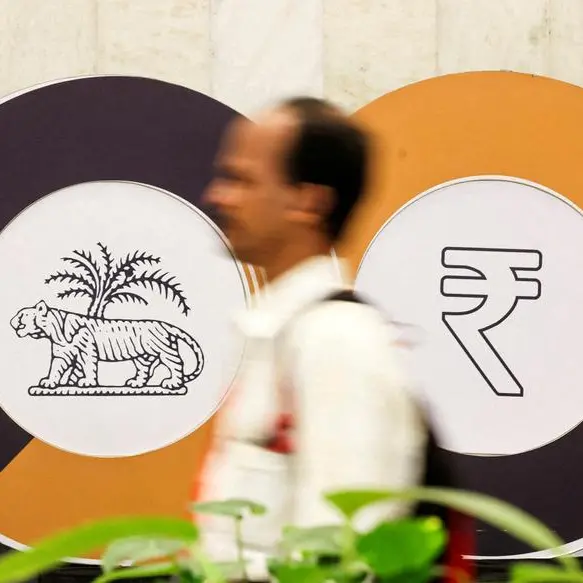PHOTO
Pledges by Sri Lanka's new President Anura Kumara Dissanayake to cut taxes and make changes to the country's International Monetary Fund bailout could keep the country's credit risks elevated for some time, rating agency Moody's has said.
Marxist-leaning firebrand Anura Kumara Dissanayake swept to victory in Sri Lanka's weekend election after promising widespread change in the wake of an economic meltdown.
Dissanayake campaign promises to cut some taxes and to make Sri Lanka's IMF bailout programme more "palatable" have fanned concerns about a fragile IMF-backed debt restructuring agreed by the previous administration just days before the election.
"We do not expect significant disruption to the country's reform agenda or macroeconomic policies, which include the ongoing debt restructuring and structural adjustments under its programme with the International Monetary Fund (IMF)," Moody's said,
"However, some policies are likely to be reprioritised amid challenges in maintaining fiscal consolidation that could keep credit risks elevated for some time."
Since its default in 2022, Sri Lanka has implemented various steps to restore fiscal sustainability, such as raising VAT and corporate tax rates and lowering personal tax-free allowances.
Moody's, which rates Sri Lanka just above default at Ca, said the measures helped lift government revenues to just over 11% of GDP in 2023 from 8.3% in 2021 and narrowed its fiscal deficit to 8.3% of GDP from 11.7%.
That is still an gaping deficit and debt affordability is expected to remain "weak" too with its interest payments alone likely to soak up 40%-50% of revenues over the next two to three years.
That is "still among the weakest across sovereigns we rate, albeit an improvement from more than 70% in 2021", Moody's said.
(Reporting by Marc Jones; Editing by Alex Richardson)




















